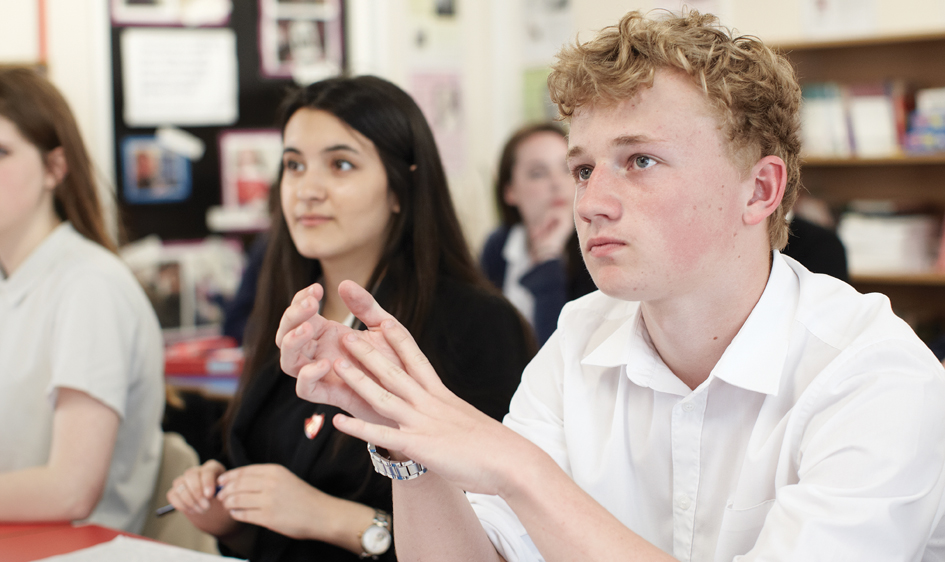Tom Cassidy, head of sixth form at Cambridge International School (CIS), considers how to equip students with future-proof skills
As parents and educators, we all know how fast the world is changing and that none of us can predict the future, yet we can be fairly sure of two things:
1. The future is going to be different.
2. Anything that can be done by robots, will be. And by robots, we don’t mean the 1950s humanoid-type-brandishing-trays-of-gin-and-tonics, we mean any system that runs an automated process: machine, computer, device or application.
Do we think there is going to be the same demand for accountants, lawyers, politicians, journalists, teachers, architects and engineers over the next 50 years as the last 50? It’s likely that much of the routine side of even these professional occupations will be taken care of by technology.
So, what can we do about this, as educators? We can choose not to rail against this change, but instead to anticipate the characteristics needed to be future-proof and to deliberately inculcate these in our students.
Most schools today are preparing students perfectly for a job in 1970, despite the overwhelming evidence that a traditional education is no longer enough. Students still need academic qualifications of course, but these become no more than the table stakes for entry into the market. You’ll need much more than a good degree to thrive over the duration of your career in an evolving world.
In order for students to become future-proof, they need to become entrepreneurial; creative, big-picture thinkers, risk-takers and fast learners.
Humans will always be valuable when applying their creative genius to situations which are uncertain, indeterminate or unpredictable. Mankind will continue to have the edge over robots in the creation of a new solution, the design of a new product, the implementation of a new approach: all of which are trademarks of the entrepreneur.
Students will need to be entrepreneurial, but not necessarily entrepreneurs. They can still practise medicine, but be doctors with an entrepreneurial mindset, always looking to do new things, to develop, to grow, to change and to improve.
Whatever their path, in order to be successful students will need to have tremendous self-discipline, highly developed powers of discernment and the ability to effectively communicate.
“Students will need to be entrepreneurial, but not necessarily entrepreneurs”
They’ll need to be masters of their thoughts, and captains of their actions. They’ll need to assimilate new information rapidly and connect the dots, see the bigger picture, and go beyond a specific specialism to ‘see how it all joins up’. They’ll need to be comprehensivists, not specialists as specialists will become increasingly replaced by technology, since their function is so tightly defined.
The people who prosper will be those who can see things at a higher level, who can anticipate the implication of all these seemingly unrelated phenomena.
The future belongs not to those who know current things best, but to those who can learn new things the fastest.
Our role as educators must be to teach these characteristics deliberately, rather than just hope students learn them by osmosis, and one of the ways we teach entrepreneurial skills at CIS is through implementing the Agile approach to project management. Agile promotes starting before you’re ready, failing quickly, learning from your mistakes and reflecting continually to see how you can improve both your results and your processes. It is essentially the way humans naturally learn; by doing, by exploring, by trial and error, by learning as you go along.
The Agile methodology has become hugely popular over the last 30 years and most start-up companies follow agile practices. Google, Microsoft, Salesforce and Spotify are all notable exponents, since Agile appears to be the most effective way to work in teams. Agile approaches are especially valuable when applied to learning, since the feedback loop is very short, so students learn immediately what to change in order to improve and flourish in a results-based environment. It’s a powerful preparation for the modern world of work and it helps students get better results, with less effort and with more enjoyment.
To find out more, please email Tom, [email protected] or have a look around here: bity.ly/cambridge-international-school.

